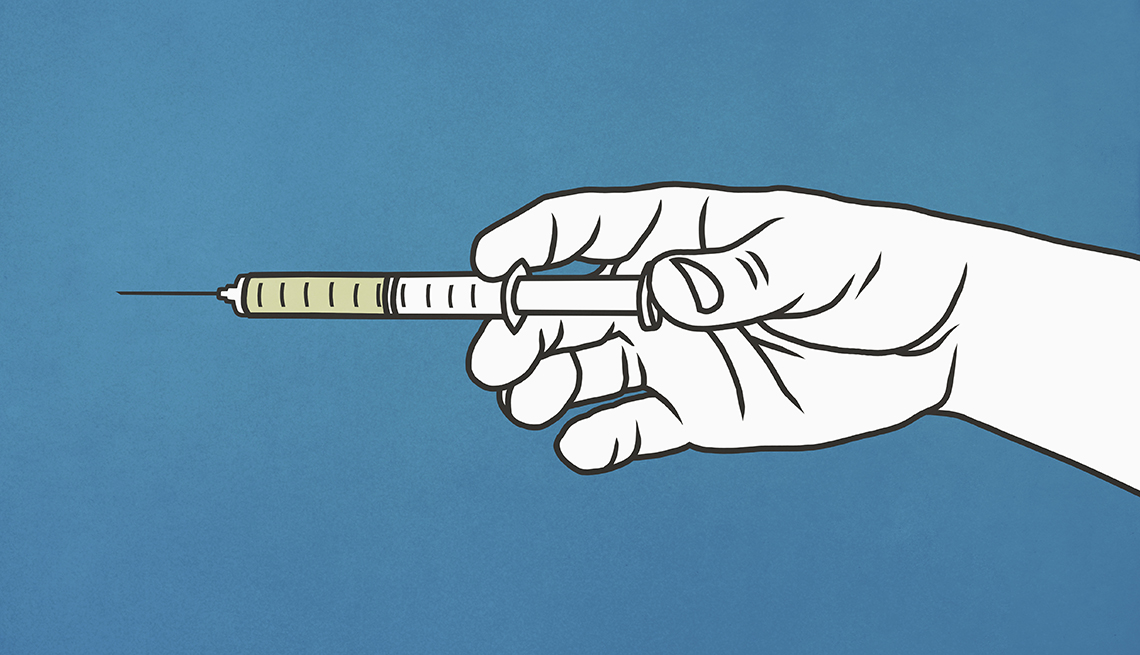
Should you take a diabetes drug for weight loss?
- Select a language for the TTS:
- UK English Female
- UK English Male
- US English Female
- US English Male
- Australian Female
- Australian Male
- Language selected: (auto detect) - EN
Play all audios:

It’s hard to read the headlines or watch TV these days without seeing an article or ad praising the weight-loss wonders of Ozempic. The injectable drug, whose technical name is semaglutide,
first gained federal approval in 2017 for the treatment of type 2 diabetes, a condition that affects more than 35 million Americans. The U.S. Food and Drug Administration (FDA) has also
approved a version of semaglutide with a slightly higher dose and a different name (Wegovy) as a treatment for obesity. However, more and more people who don’t have diabetes or obesity are
turning to the semaglutide drugs for their slimming effects. People taking semaglutide lose, on average, 15 percent of their body weight, studies show. Some shed even more. But health
experts warn that semaglutide and other drugs like it shouldn’t be used as a quick fix for weight loss in people who don’t need or qualify for it. Besides potential health risks, their
increasing use may be contributing to the drugs’ shortage. Both Ozempic and Wegovy are on the FDA’s list of medications in short supply, along with a similar type 2 diabetes drug,
tirzepatide (Mounjaro), which in clinical trials also helped people lose a significant amount of weight. Taking these drugs to lose weight could set you up for some unpleasant side effects,
not to mention a blow to your bank account. Semaglutide is expensive (upwards of $1,000 a month), and insurance coverage is hit or miss, even for people who meet the FDA’s criteria. Many
Medicare Part D plans will cover Ozempic for its intended use in type 2 diabetics, but Medicare does not cover medications just to treat obesity. WHAT IS SEMAGLUTIDE? Semaglutide belongs to
a class of drugs known as glucagon-like peptide 1 (GLP-1) receptor agonists that have been around since 2005 but “keep getting better and more powerful,” says Brian Burtch, M.D., an
endocrinologist with University Hospitals in Mentor, Ohio. These drugs work by helping the pancreas release the right amount of insulin when blood sugar levels are high. They also slow
digestion, causing you to feel fuller faster, and help the brain control hunger and cravings, explains Dina Hafez Griauzde, M.D., an assistant professor of internal medicine at the
University of Michigan Medical School and an internist at the VA Ann Arbor Healthcare System.
